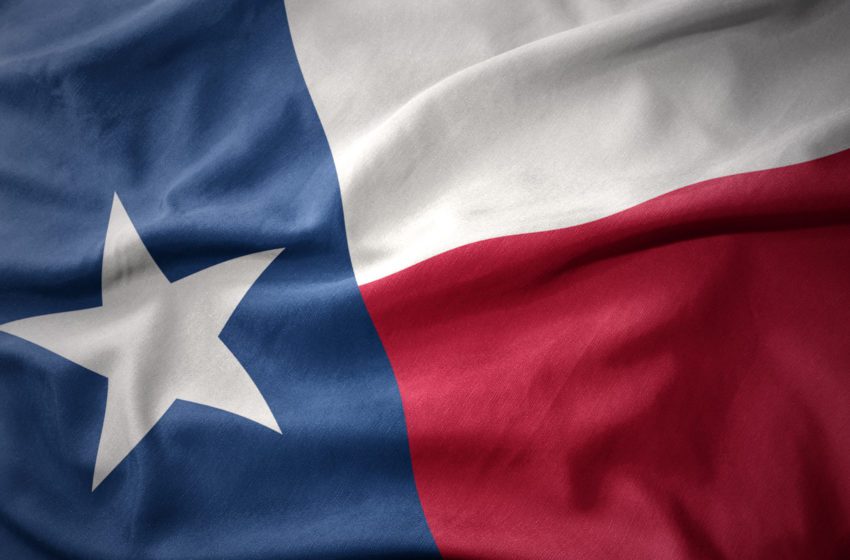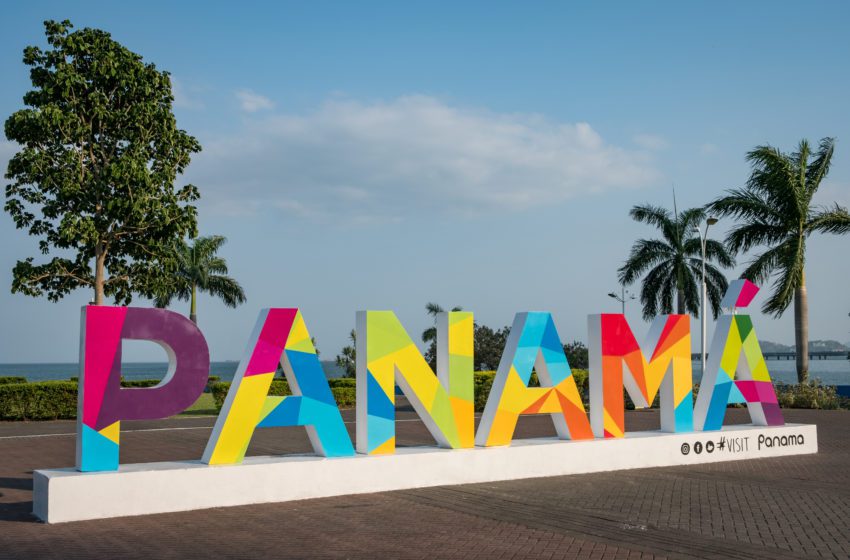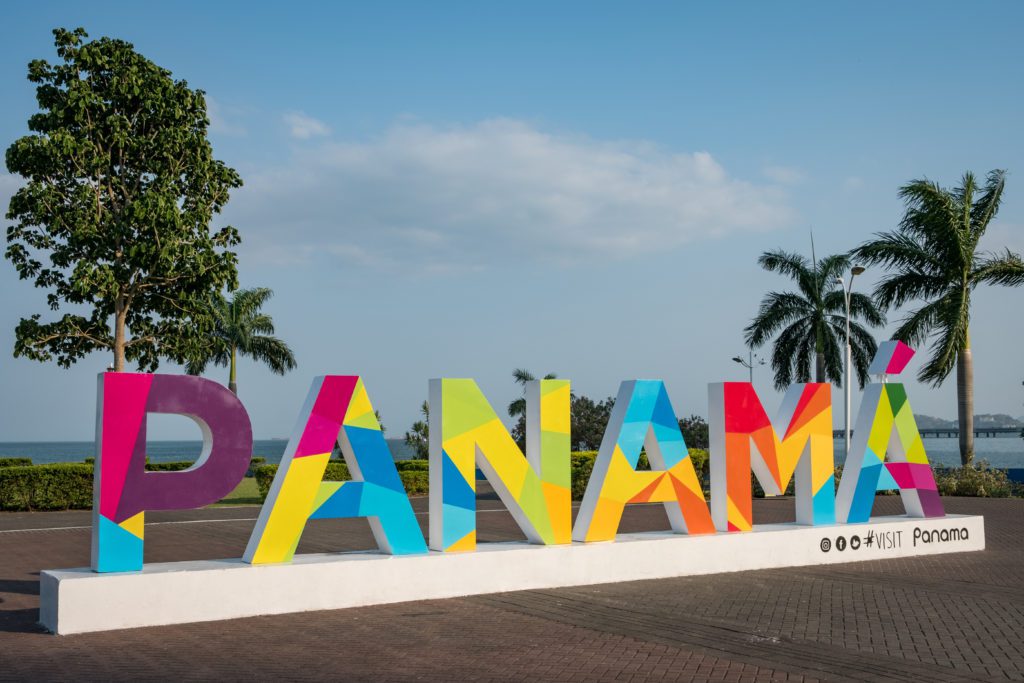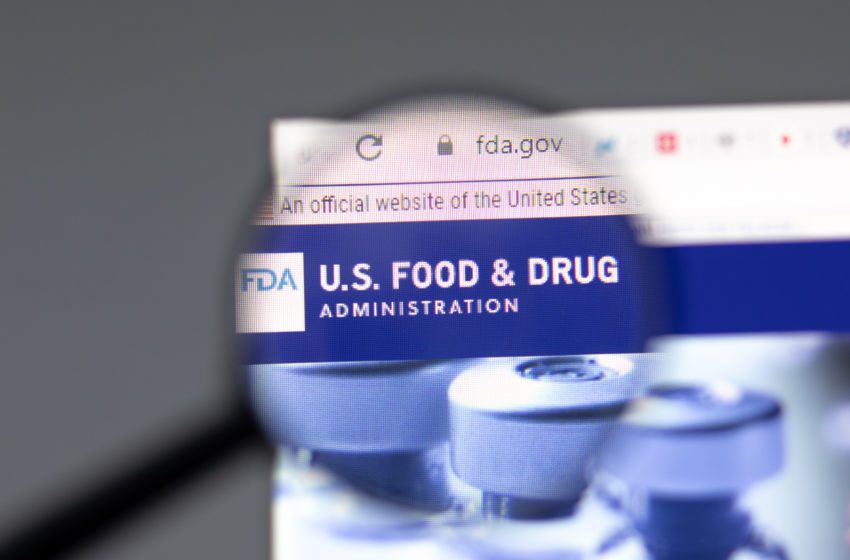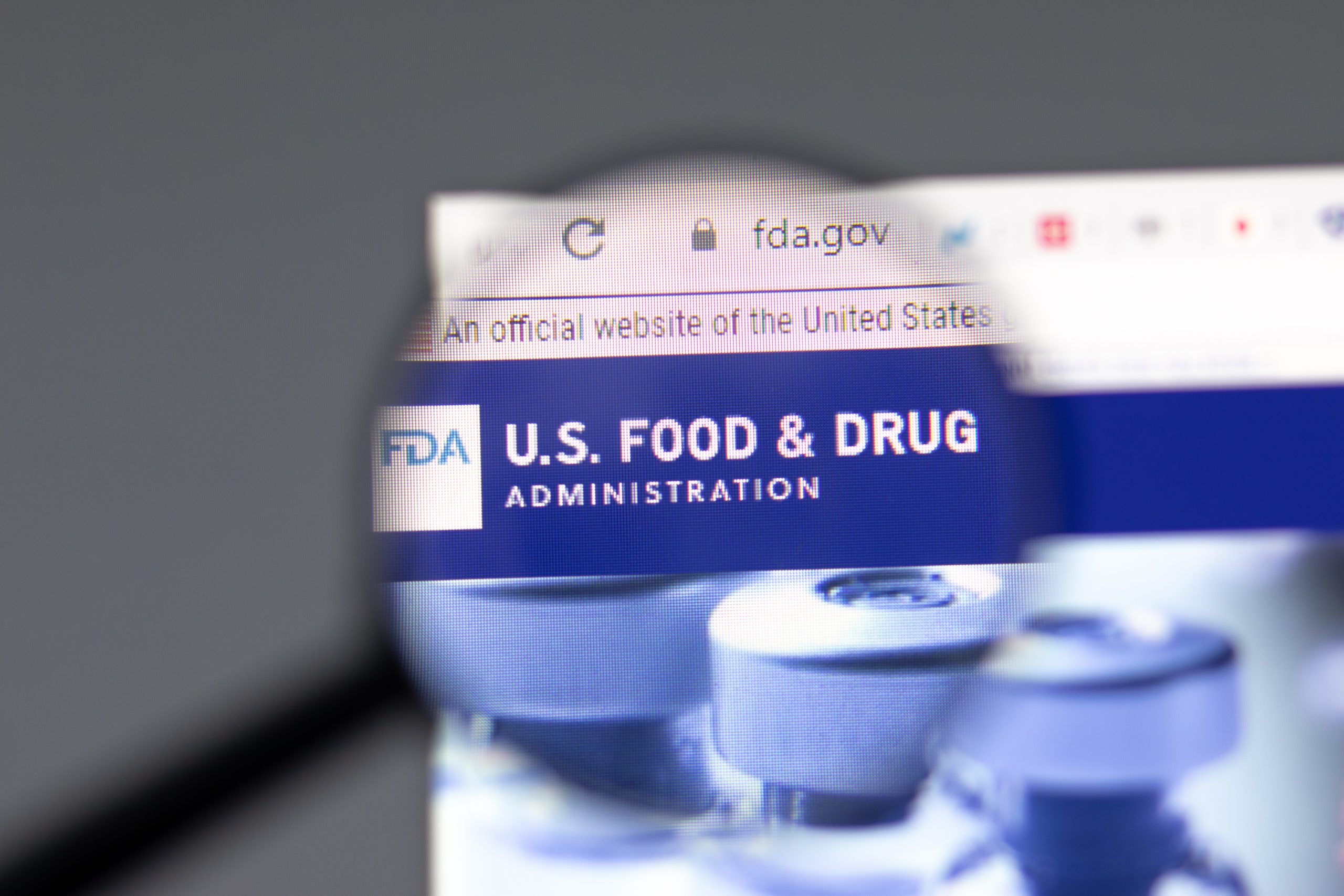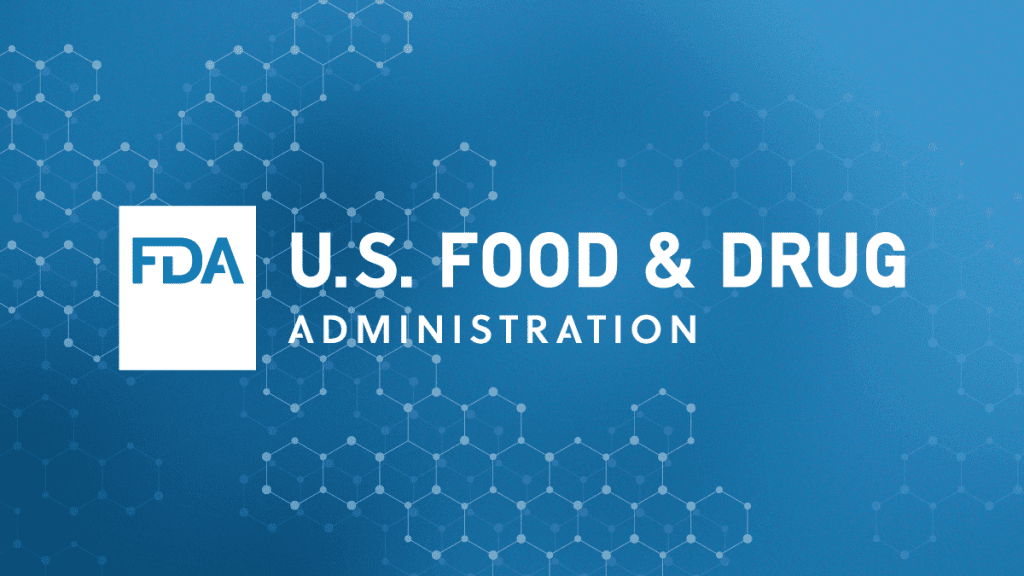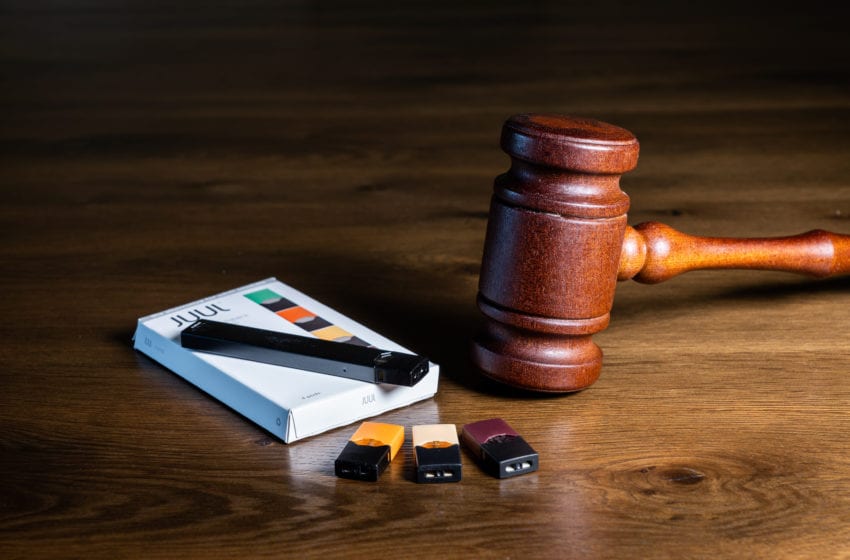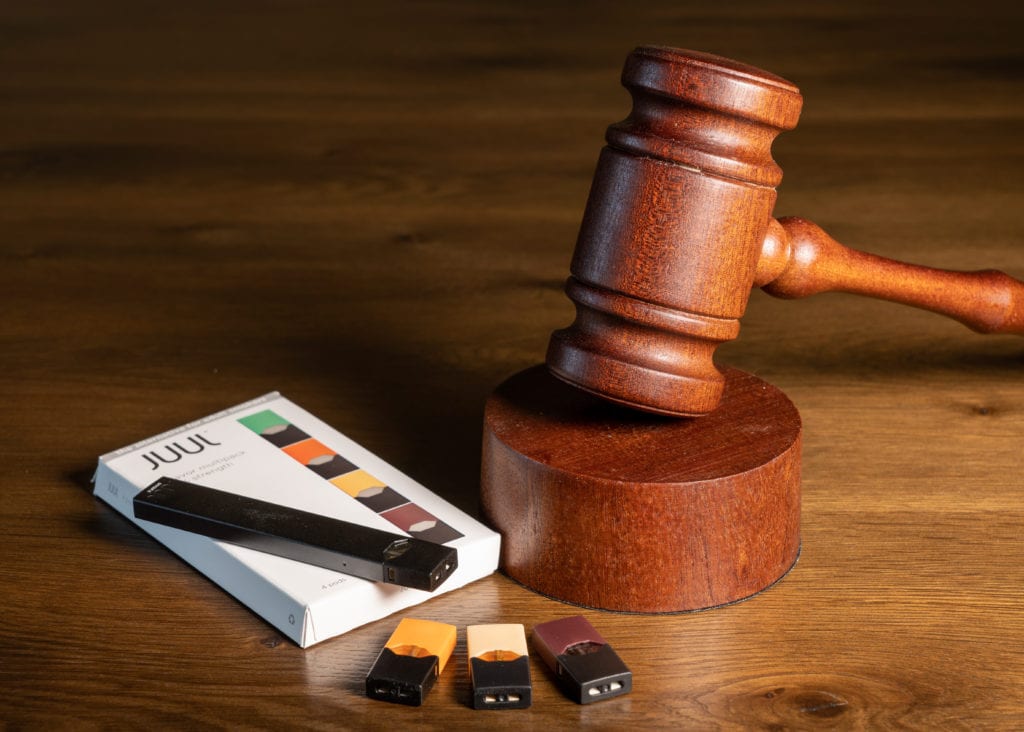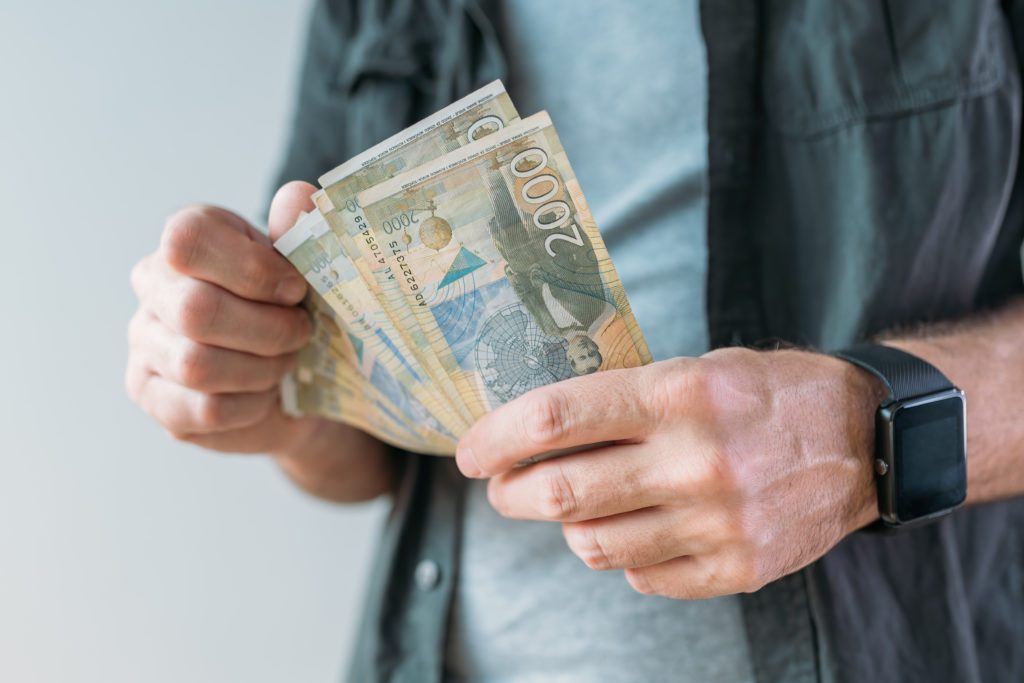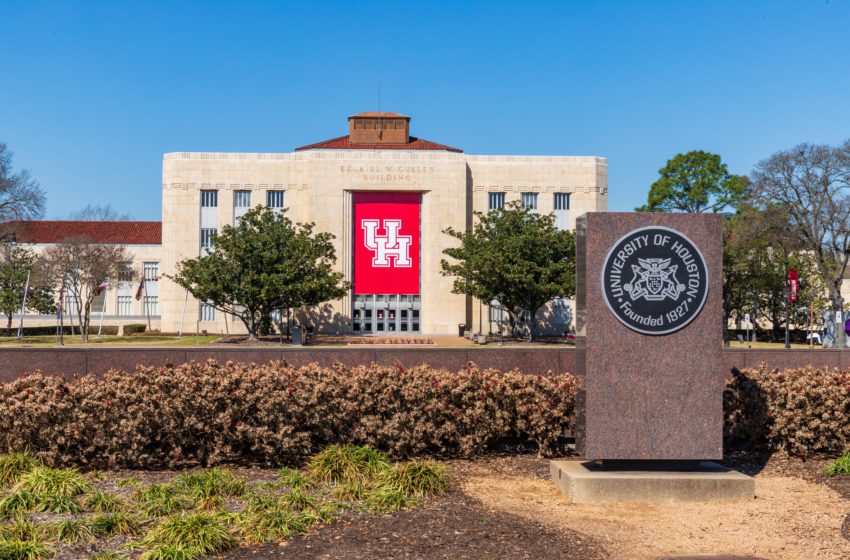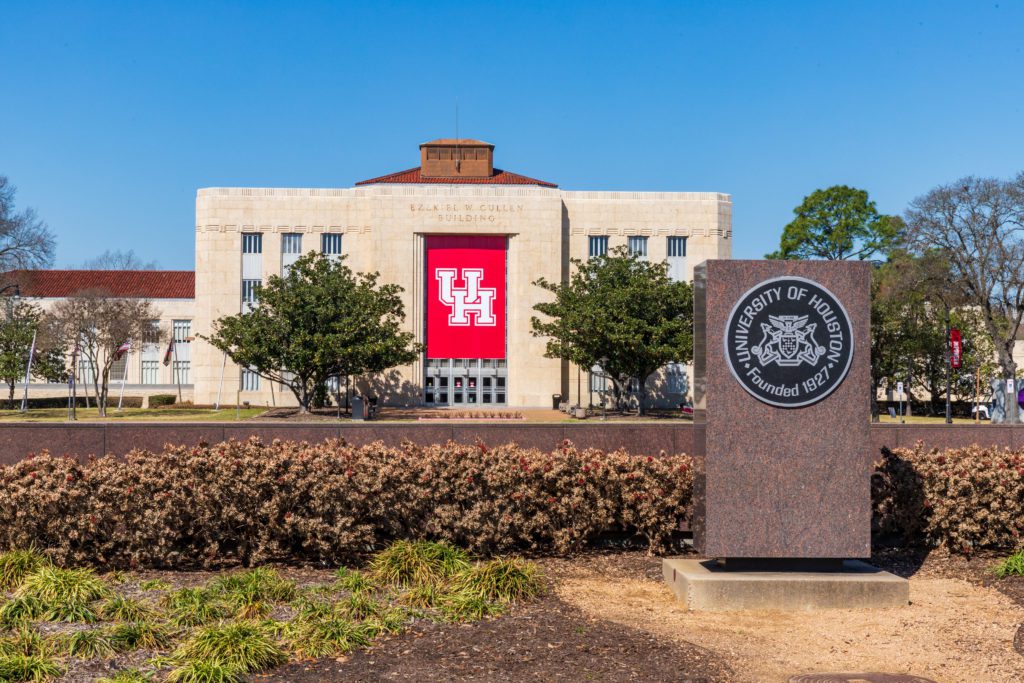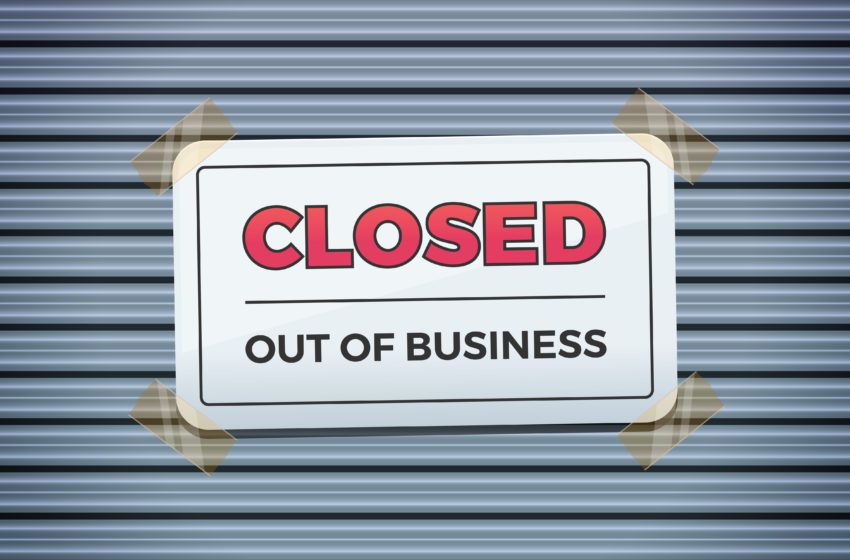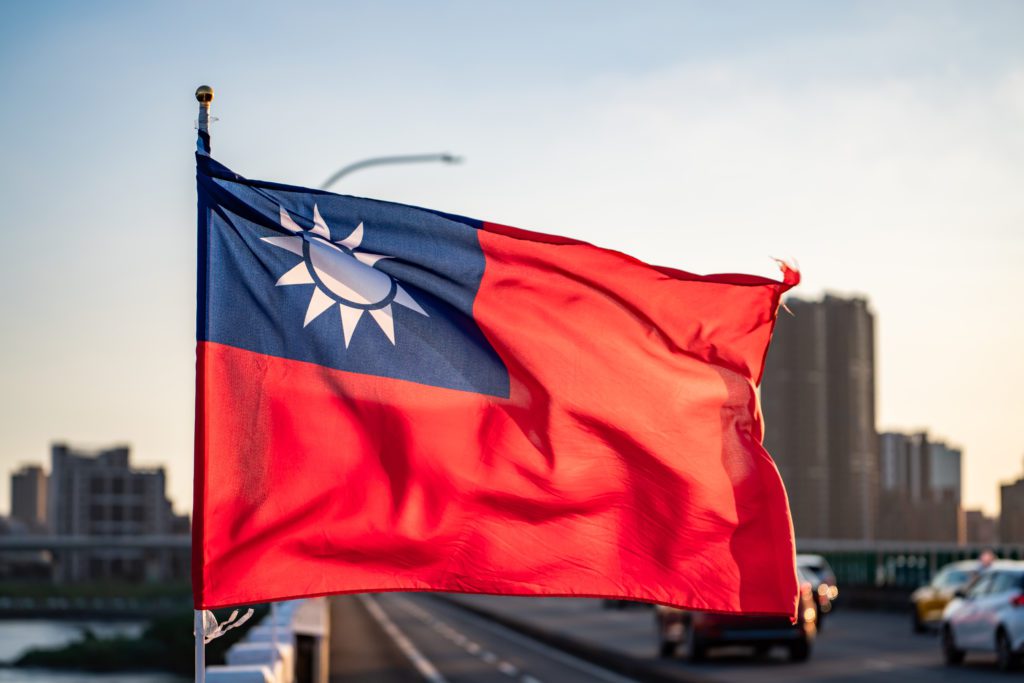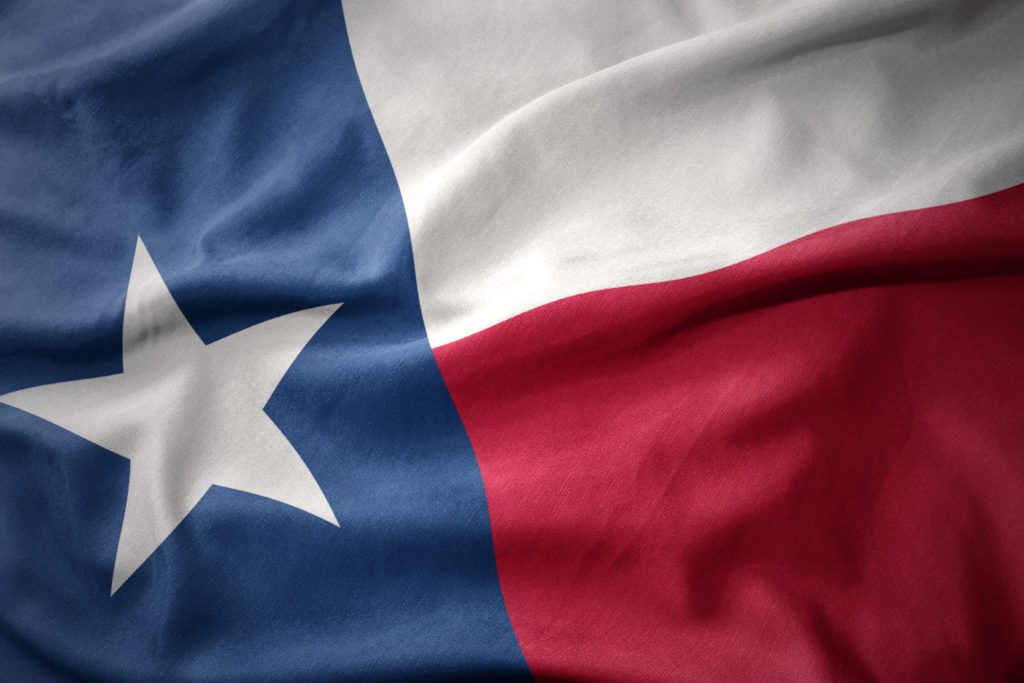
The Ector County Commissioners Court approved selling e-cigarettes to inmates at the Ector Law Enforcement Center..
“Their correction grade, the inmate they’ve gotta barcode on it they will scan it the inmate has to give this particular unit back to get another one if it’s altered in any way they won’t get another one,” said Sheriff Mike Griffis, according to CBS7.
All of the revenue will go towards the jail, at no expense to taxpayers, Ector County Judge Dustin Fawcett says it will offset costs to keep the inmates locked up.
“The supplies it takes to pay for the inmates, their beds, their pillows, all those types of things taxpayers are on foot for so we are certainly going to look to relieve all taxpayer items to the best of our ability,” said Fawcett.
Griffis says their buying the e-cigarettes at $3.85 a piece selling them for around $14. They’ll start with 1,000 and see how it goes…
“I hope we sell a bunch of them and make a lot of money. The vendor said y’all may make $1 million a year selling these,” said Griffis.
One e-cigarette is equivalent to one pack of cigarettes.
Fawcett says other counties have used this before, as the e-cigarettes act as a behavioral tool.
“Whenever you have inmates who cooperate who are on good terms it helps with our jailing numbers, our staff when you have good inmates you don’t see as much turnover with staff,” said Fawcett.
Griffis says the e-cigarettes are fairly indestructible, basic enough to hopefully not pose a safety threat.

